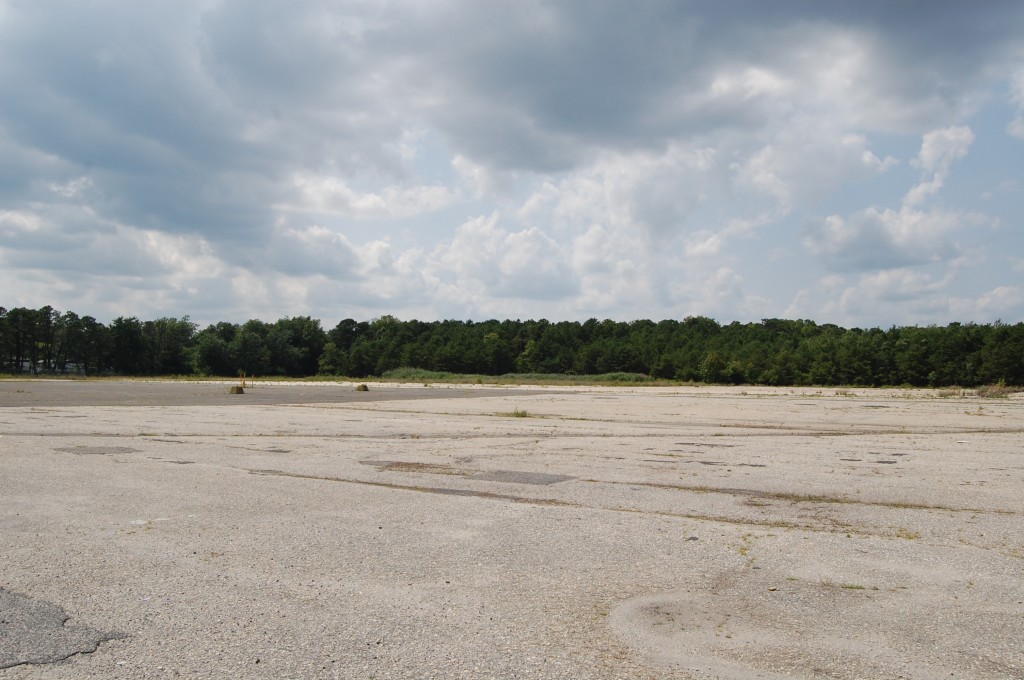The civil trial between a real estate developer and Brick Township began last week, but will take additional time to be resolved, officials said.
M&M Realty Partners, owned by developer Jack Morris,is suing the township after Mayor John Ducey terminated its redevelopment agreement after years of inaction at the site. Ducey, as well as township attorneys, claim M&M violated the agreement in numerous ways, most prominently the failure to formally propose any type of project for the plot, which previously housed a Foodtown supermarket and a Bradlees store.
In Jan. 2013, M&M asked for permission to change the redevelopment agreement it previously signed to allow a 192 unit condominium complex, approximately 19,000 square feet of commercial space and 72 rental units over top the commercial space at the site. The township council never agreed to change the plan, which currently only permits the construction of a full service hotel at the site. Ducey and members of the council have voiced opposition to additional housing units in town.
|
|
After Ducey terminated the agreement in 2014, M&M sued in an attempt to win back its development rights for the site. The trial began Jan. 11 in Toms River before Superior Court Judge Craig L. Wellerson, Township Attorney Kevin Starkey said. The case is being heard as a “bench trial,” meaning no jury is present.
Wellerson, after a day of arguments, asked the two parties to settle the case out of court and seek mediation if necessary. If attempts to settle do not produce an agreement, both sides will return to court and Wellerson will be tasked with delivering a decision.
Brick bought the site in 2003 for $6.1 million after Foodtown closed. M&M, under the agreement, would have paid Brick $7.5 million for the site when they received final approvals to build there. M&M paid for the demolition of the old Foodtown building but had not paid the township for the property, which remains under municipal ownership, since they never broke ground on any construction there. Brick has been unable to find a new developer while the matter is in litigation.
“The redeveloper signed an agreement with the township and wants to change the terms of that agreement to something that we find unacceptable, primarily more residential development,” Ducey said at the time of the termination of the agreement. “This has brought any progress to a grinding halt.”
Should the lawsuit not be settled, the matter could remain before Wellerson for an extended period of time. Starkey said judges often hear arguments in bench trials intermittently when the court calendar allows.












